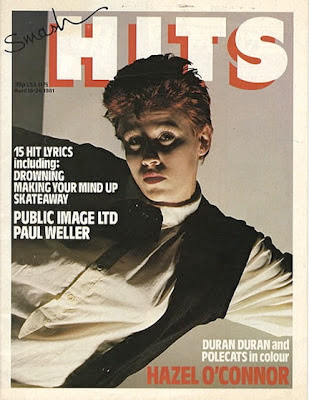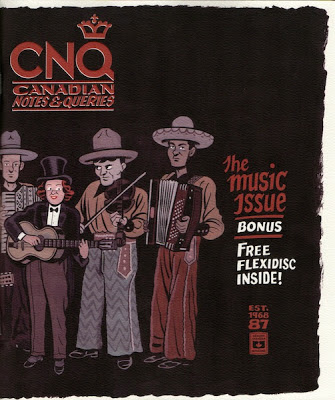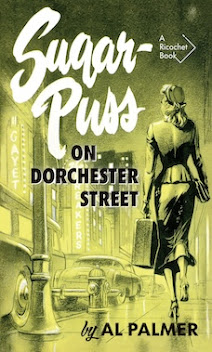Sol Allen [pseud. Barney Allen]
New York: Pyramid, 1969
I imagine publication of The Gynecologist provided considerable relief to Sol Allen enthusiasts. Sixteen years earlier, Toronto Doctor, his previous novel, had ended abruptly. Just as handsome gynaecologist Guy Fowley and winsome patient Eleanor Hollis started in on what had all the makings of a revelatory scene, the reader was met with a note:
There was no Toronto Surgeon, but I'm certain that much of what the author intended for that unrealized book appears in The Gynecologist. For one, the novel "picks up the thread of the story in Guy's office" – albeit fourteen chapters in.
The first seventy pages of The Gynecologist are little more than rewrites and revisions of bits and pieces from Toronto Doctor, including the very passages that so disturbed fourteen months ago. The reader new to Allen will find the sudden swarm of characters and relationships without benefit of backstory confusing. The enthusiast, I am one, will be confused by threads cut, rearranged and brought forward ten or more years. Episodes that had taken place in the months following the Second World War now happen in the dying days of the Diefenbaker government. The effect is disorienting, much like the peculiar advertisement Allen placed in the 11 March 1949 edition of The Canadian Jewish Review.
Readers new and old benefit from a gentle narrative arch, though it achieves no real height. The most important event, the appointment of a new Chief of Obstetrics and Gynecology at fictitious Metropolitan Hospital, much anticipated in Toronto Doctor, is first mentioned here on the day the announcement is to take place.
Guy gets the post, though this isn't to say that he's the main character. Just as Toronto Doctor isn't about any one Toronto doctor, no single practitioner dominates. The spotlight darts between each man – and they are all men – resting occasionally on a wife, daughter, son or secretary. Things are very much as they were in the previous novel, switching between the tension of the operating theatre and dramas played out in drawing rooms. Dinner parties continue to be held, only now wives begin to cheat on husbands, and husbands begin cheating on wives. Unhappy marriages become more so. One character's death proves beneficial to another, while another achieves sudden wealth. But throughout it all, babies are born. Babies are born.
Such is life.
Favourite passage:
She was a big woman, but well proportioned; and he could see the pangs of life swelling in her axilla, which was shaven but not very clean, in the veins of her strong neck, in the flux of her bosom. With a soundless cry, he moved toward her.Trivia: Where I'm not sure I've so much as met a gynaecologist, Allen counted several amongst his friends, including Benjamin Cohen, Chief of Obstetrics and Gynecology at Toronto's Mount Sinai Hospital, who is thanked for "placing the inmost details of his vast clinical and personal experience at my disposal." Contributions by the living are also recognized, though only through initials: "J.G., S.S., S.C. and Wm. A. C."
How hard could it have been in 1965 to identity Toronto gynaecologist "Wm. A. C."?
Object: A 318-page mass market paperback consisting of very small, dense type. My copy, the second Pyramid edition, includes this:
Having died the previous year, Allen was not a resident of Toronto. He wrote four novels, though not one was titled The Black Sheep. It would appear that Sex and the H Bomb was never published. Pity.
Access: I first spotted The Gynecologist on a shelf at the Central branch of the Vancouver Public Library. The Toronto Public Library also has a copy, as do seven of our universities.
The first Pyramid edition can be had for as little as one American dollar. The less common second edition, featuring hot cover by Frank Kalan, will set you back at least US$4.95.
Allen put out two editions of The Gynecologist – both in 1965 – through his own Rock Publishing. Copies in dust jacket are scarce, with only one currently listed for sale online. A Very Good copy of the second edition, at $50 it's a bargain.
Related posts:






















































